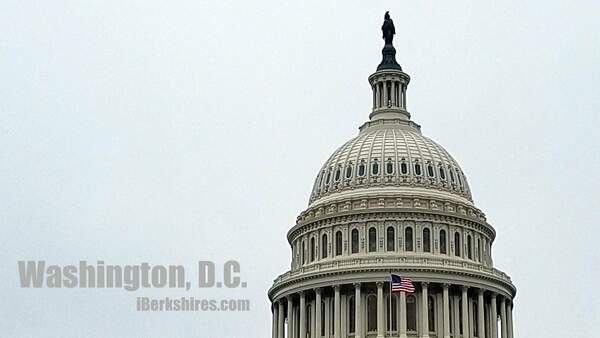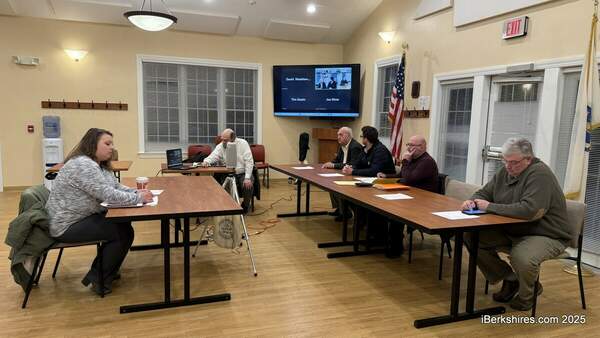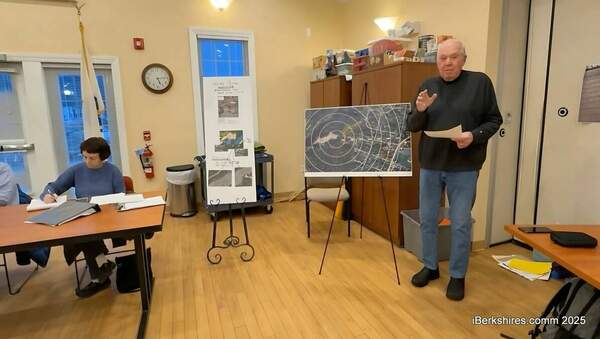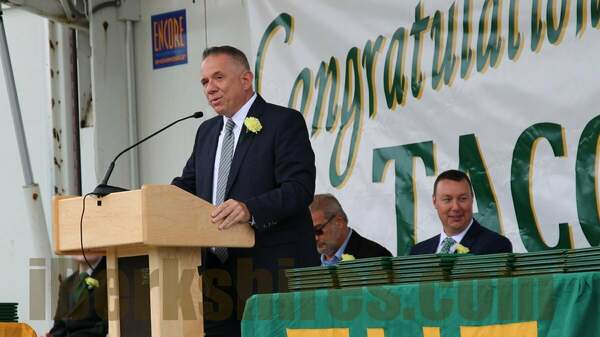Governor Announces Grants for Low, Moderate-Income Electrification
BOSTON —The Healey-Driscoll Administration launched a $50 million grant program to fund decarbonization retrofits of existing low- or moderate-income residential buildings.
Known as the Low- and Moderate-Income Housing Decarbonization Grant Program, this large-scale program will accelerate Massachusetts' clean energy transition, improve public health, and preserve housing affordability for residents. This grant program is the first step in the Administration's commitment to support the electrification of buildings and prioritize the people most deeply impacted by fossil fuels.
"Wherever I go across the Commonwealth, I hear about the high cost of energy and housing," said Governor Maura Healey. "We're taking these intertwined crises head-on with this new grant program. Massachusetts residents who need help the most will be able to benefit first from healthy, affordable electric heating, cooling, hot water, and energy efficiency."
Projects will improve energy efficiency, install solar panels, make improvements like roof repairs and electrical updates, and electrify the building through ground and air source heat pumps and other electrical appliances for low- or moderate-income housing. Applicants seeking over $1 million must commit to providing opportunities for the local workforce.
"This grant program puts low- and moderate-income communities at the center of our clean energy transition," said Lieutenant Governor Kim Driscoll. "Local workers will be hired to update affordable homes, which will, in turn, strengthen the public health of cities and towns across the Commonwealth. I'm thrilled to see this initiative come to fruition."
Health benefits for residents of retrofitted buildings will include indoor air quality improvements and local air pollution reduction. The program will provide significant investments in the building sector, and leverage programs like MassSave incentives to help affordable housing developments lead the way to decarbonization.
"40 percent of Massachusetts' emissions come from buildings," said Energy & Environmental Affairs Rebecca Tepper. "By retrofitting homes first in low-income communities, we'll deliver healthier air and lower utility bills to the people who need that the most. This grant program at its core is about environmental justice – righting past wrongs and building a healthier, more equitable future."
Decarbonization of Massachusetts' existing buildings is a critical component of the Commonwealth's strategy to achieve net-zero emissions by 2050. Residential heat pump installation numbers are so far exceeding the heat pump goals for the 2022-2024 Three-Year Energy Efficiency Plan. For 2022, the goal for residential heat pump installations for space heating was 11,928 households installing whole home or partial systems, and as of the end of Q3, the Mass Save Program Administrators reported 16,038 market rate residential households installing minisplits, ducted air source, and ground source heat pumps.
"Efficiency and electrification of buildings is one of the most cost-effective strategies to achieve greenhouse gas emissions reductions in existing residential buildings and provides significant opportunities for cost-savings for residents," said Department of Energy Resources Commissioner Patrick Woodcock. "This program will leverage existing energy efficiency and decarbonization resources in a way that promotes affordability and equity and is a key component of Massachusetts' overall progress reducing emissions in the buildings sector."
Totaling $50 million, funding for the Low- and Moderate-Income Housing Decarbonization Grant Program is funded through the following sources:
-
$25,000,000 of DOER funding from Alternative Compliance Payments
-
$18,500,000 from the Massachusetts Department of Environmental Protection Climate Protection and Mitigation Trust
-
$6,500,000 from the American Rescue Plan Act
The Department of Energy Resources (DOER) will administer the program. The Program Opportunity Notice, available here, identifies private parties, non-profits, municipalities, or other public entities as eligible applicants for the funds. Initial applications are due June 1, 2023, at 5 pm, and awardees will be announced in August. DOER will accept applications on a rolling basis until funds are committed.
Tags: energy,















